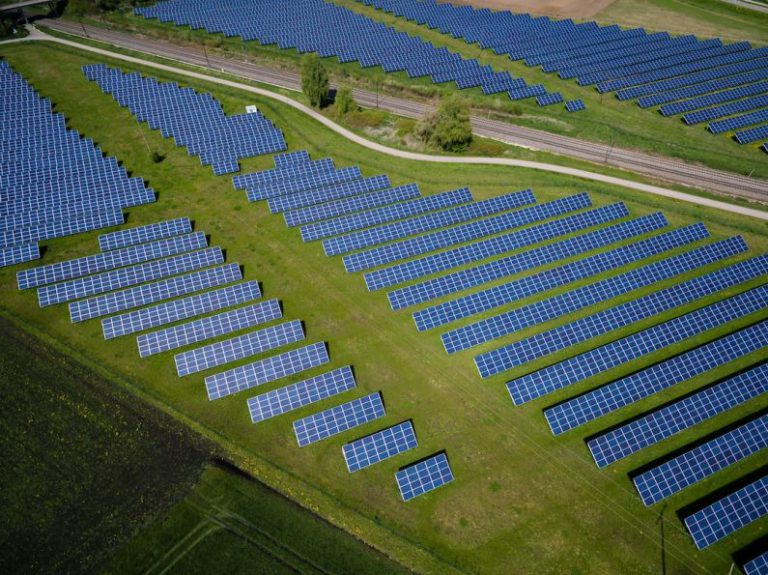How to Choose Energy-efficient Appliances?
In today’s world, where concerns about the environment and rising energy costs are at the forefront, choosing energy-efficient appliances is becoming increasingly important. Energy-efficient appliances not only help reduce your carbon footprint but also save you money in the long run. However, with so many options available in the market, it can be overwhelming to know which appliances are truly energy-efficient. In this article, we will provide you with some useful tips on how to choose energy-efficient appliances.
Consider the Energy Star label
One of the easiest ways to identify energy-efficient appliances is to look for the Energy Star label. The Energy Star program is a government-backed initiative that identifies products that meet strict energy efficiency criteria. Appliances with the Energy Star label are guaranteed to consume less energy compared to their conventional counterparts. So, when shopping for appliances such as refrigerators, air conditioners, or washing machines, make sure to look for the Energy Star label.
Check the energy efficiency rating
Apart from the Energy Star label, another important factor to consider is the energy efficiency rating of the appliance. Energy efficiency ratings provide a standardized way to compare the energy consumption of different models. The higher the rating, the more energy-efficient the appliance is. For example, refrigerators with higher energy efficiency ratings will consume less electricity to maintain the same cooling temperature. Therefore, it is always a good idea to compare the energy efficiency ratings of different appliances before making a purchase.
Opt for appliances with inverter technology
Inverter technology is a relatively new innovation that can significantly improve the energy efficiency of appliances such as air conditioners and refrigerators. Unlike conventional appliances that have fixed-speed compressors, appliances with inverter technology can adjust their speed based on the cooling or heating requirements. This means that they consume less energy when the desired temperature is reached and can maintain a consistent temperature with minimal fluctuations. So, if you are in the market for an air conditioner or a refrigerator, consider opting for models with inverter technology for better energy efficiency.
Consider the size and capacity
When choosing appliances, it is important to consider the size and capacity that best suits your needs. Oversized appliances not only take up more space but also consume more energy. For example, a refrigerator that is too big for your family’s needs will require more energy to cool the empty space. Similarly, an oversized air conditioner will cool the room faster but will consume more energy in the process. Therefore, it is essential to assess your requirements and choose appliances that are the right size for your needs.
Look for additional energy-saving features
Apart from the Energy Star label and energy efficiency ratings, there are several additional features that can contribute to the energy efficiency of appliances. Look for features such as programmable timers, energy-saving modes, and sensors that adjust settings based on usage patterns. For example, a washing machine with a delay start feature allows you to schedule your laundry to run during off-peak hours when electricity rates are lower. Similarly, an air conditioner with a sleep mode can automatically adjust the temperature at night to save energy. These additional features can make a significant difference in reducing energy consumption.
Conclusion: Make an informed choice
Choosing energy-efficient appliances is not only beneficial for the environment but also for your wallet. By considering factors such as the Energy Star label, energy efficiency ratings, inverter technology, size and capacity, and additional energy-saving features, you can make an informed choice when purchasing appliances. Remember that energy-efficient appliances may have a higher upfront cost but will save you money in the long run through reduced energy consumption. So, next time you’re in the market for a new appliance, keep these tips in mind to choose an energy-efficient option that meets your needs.






